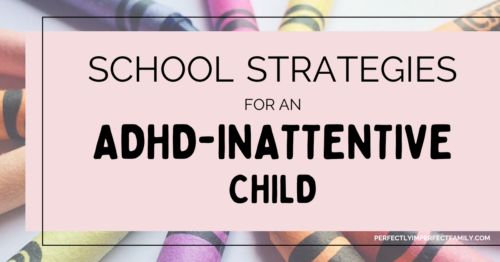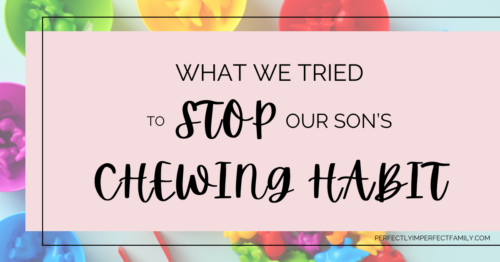Our Family’s Two Completely Different Types of Picky Eaters
Our family has two types of picky eaters: my son, who struggles with tactile defensiveness and dislikes certain food textures, and my youngest daughter, who refuses to try new foods. While there’s no magic solution, I encourage them to try new things, celebrating small milestones when they do. Each child is different, and patience is key!
How Am I Supposed To Get My Son Ready For College?
Attending a college prep meeting for my junior son was a wake-up call! The realization that he’s nearing adulthood and the daunting costs of college left me overwhelmed. Between teaching life skills and navigating scholarships, there’s so much to do. My advice? Start early — both in saving and preparing your child for the real world!
The Biggest Challenge Our Son Faces with Tactile Defensiveness
Our son’s tactile defensiveness diagnosis has led to a years long challenge with eating, particularly due to sensory issues in his mouth. His limited food preferences, like chicken nuggets and mac and cheese, have made meals a struggle. While he’s improved, getting him to try new foods, especially fruits, veggies, or soup, remains a challenge.
5 Things No One Told Me About Tactile Defensiveness
Over the years, I’ve learned that tactile defensiveness is lifelong, not just a phase. Explaining it to family, teachers, and doctors was often difficult, as many were unfamiliar with it. The biggest challenge was helping our son with meals, as people mistook it for pickiness. Yet, we still cherish each small milestone, like him finally eating new foods.
School Strategies for an ADHD-Inattentive Child
Supporting a child with ADHD requires a structured environment, breaking tasks into manageable chunks, and using multisensory learning strategies. With consistent support from parents, teachers, and the community, children with ADHD can succeed academically. By implementing behavior management techniques and tailoring strategies to their unique needs, we can help them thrive in the classroom.
What We Tried to Stop Our Son’s Chewing Habit
When my son started chewing paper in elementary school, we struggled to find a solution. After trying gum, Tic Tacs, and sensory necklaces, we found success with chewable pencil toppers. Although he still chews on things, we’ve accepted it as part of who he is. Patience and trial-and-error helped us navigate his sensory needs.






